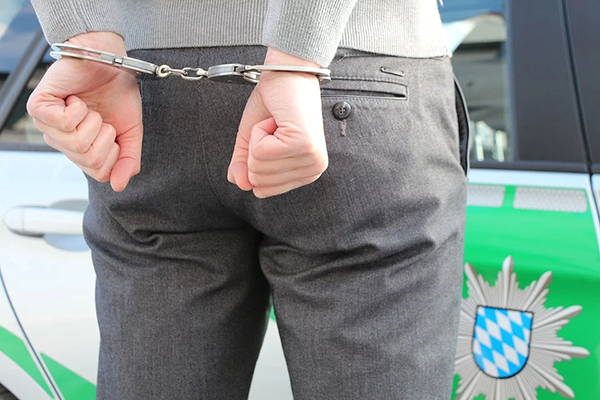Have you been arrested for a crime? Are you currently spiraling and wondering what comes next, what should you do to protect your best interest, and how do you best represent yourself through this process? It’s a very scary time for a person to go through, which is why it’s best to be as educated as possible on the steps you’ll go through, and what your expectations should be.
Here’s a look at five things to know if you’ve been arrested for a crime.
Step 1 – Arrested and Charged for a Crime
The first step in these types of situations is the arrest and charge(s) for a crime. This is a formality that must take place and it is the official start of your criminal case. There are some cases where you may not need to be arrested; instead, you’ll just receive a notice to appear in court on a particular date.
Your First Appearance
Now that charges have been filed and your criminal case has been started, your first step in the process will be the first appearance in front of a judge. During this appearance the judge will go over the charges against you, making sure to explain them. The bond may be discussed in more detail at this point, including potential restrictions put in place.
This first appearance can be quite intimidating and it’s also very important. This is why it’s a good idea to have a criminal defense lawyer that will represent you. Criminal defense attorney Ambrosio Rodriguez urges people to find one that is experienced. Experience is crucial and can help to better the outcome of your case.
The Next Step – Arraignment
The next step in the process is the arraignment. Now before you get to this point, it is very important to hire an attorney to represent you. This should be done as quickly as possible, well before the arraignment, so your attorney has a chance to figure out the best defense for your case.
The arraignment will require you to enter a plea, which should be discussed with your attorney. You can enter a plea of not guilty or guilty. Attorneys will typically recommend you plea not-guilty, as this will give them much more time to work and build your case.
The Prosecutor Makes Their Decision
It is at this point that the prosecutor will make their decision as to whether or not to file formal charges. Should they choose to go ahead with the case, then it’s time to start preparing. On the flip side if they decide not to file formal charges, then the case is dropped.
It’s Time to Prepare for Your Case
Provided the prosecutors have chosen to move forward with formal charges, you now move into case preparation mode. Other steps in the process will be a pretrial hearing, depositions, and plea deals. Once these have all finished, it’s time for the trial. Your ruling and sentencing will be the last step in the process. However, keep in mind if you don’t agree with the final ruling and sentencing, you may choose to appeal.
With so many important steps and processes along the way, the best thing any person can do that has been arrested for a crime is to seek professional legal help immediately.





